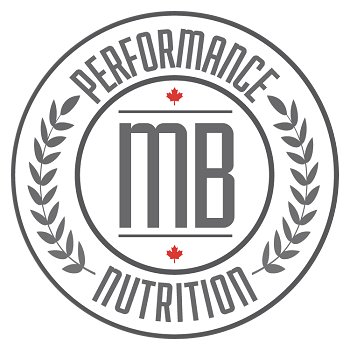Last updated on January 11th, 2024
As an athlete, the general consensus is that you should be consuming 1.2-2 g of protein for every kg of body weight. The average, untrained healthy adult needs about 0.8 g of protein for every kg of body weight to survive. If you are working out with a goal to build lean muscle or improve athletic performance, you absolutely NEED extra protein (and calories for that matter!).
Beyond the obvious of preventing a protein deficiency and ensuring a baseline of protein synthesis, we need protein to actually thrive. Adequate protein consumption is necessary for optimal functioning including good immune function, metabolism, weight management and of course, athletic performance.
We can only store so much protein at a time, so the body needs its stores to be continually replenished. This means you should be consuming moderate amounts of protein at regular intervals throughout the day.
So if you’re relatively active and working out a few times a week, maybe try upping your protein intake to 1.4 g of protein for every kg of body weight for a couple of weeks and see if you notice a difference. If you are very active and working out 4+ days a week with optimal athletic performance as your goal, then up your protein intake to closer to 2 g of protein for every kg of body weight for a couple of weeks and see what you notice.
Signs of Protein Deficiency
- Excess fluid retention
- Nausea or dizziness
- Poor coordination
- Catch colds, flu, infections easily
- Cuticles tear easily
- Low hormone levels
- Hair dull, dry, sparse, loose and falling out
I’ve had a few people worry about eating too much protein, but in all honesty, I’ve never had a client who eats enough, so I wouldn’t be too concerned with that. Trust me, it’s harder than you think it is to eat that much protein! Additionally, in healthy people, normal protein intake poses little to no health risks. Consumption up to 2.8 g of protein per kg of body weight has been studied and does not seem to impair kidney or renal function in people with healthy kidneys.
Be sure to vary your sources of protein to include vegetarian sources as well (beans, lentils, chickpeas, seeds, nuts, legumes). Plant proteins appear to be especially safe.


